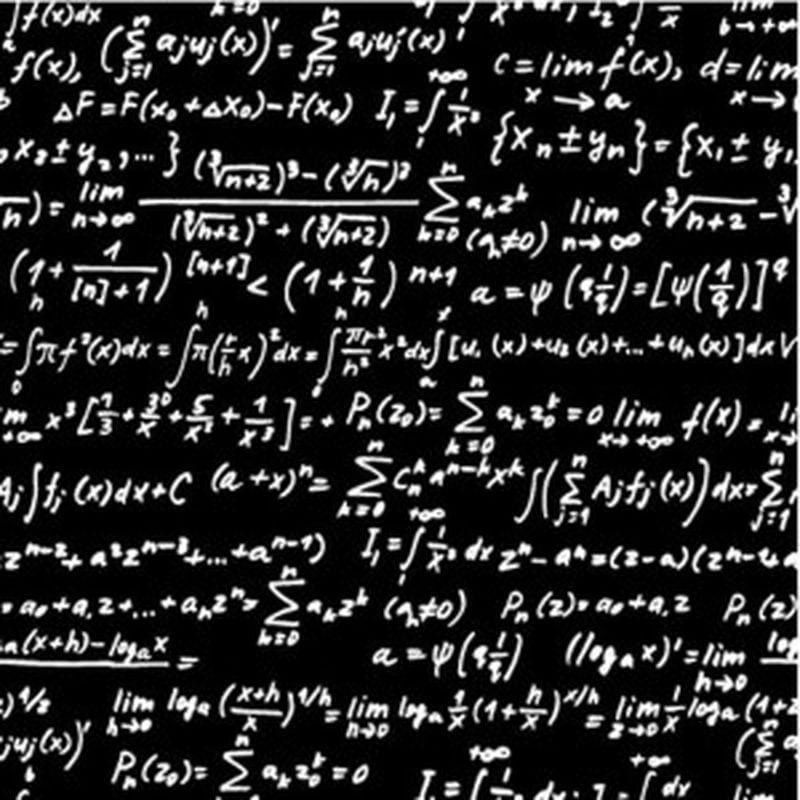I am a bit troubled by this new column from state Superintendent Richard Woods in which he decries “funny math methods.”
Credit: Maureen Downey
Credit: Maureen Downey
Because here's what’s not funny: Georgia students lack strong math skills. We consistently rank in the bottom quarter of states on SAT
scores. And those are our college-bound students.
About 60 percent of Georgia high school students who took the End-of-Course test in coordinate algebra last spring failed to meet the state's standard for content mastery. In analytic geometry, 65 percent failed to meet the standard.
I have never understood the assumption that somehow, if parents in Georgia cannot help their kids with more advanced math, the problem is with the math.
Here’s the other possibility, one borne out by the historical record. The parents themselves are not skilled in advanced math. If you want evidence, look at the state’s track record on math performance.
I won’t go into this story again in detail as I've shared it in the past, but the manager of a large supermarket told me he could not find workers in Georgia who could even do simple math, hence packages of cookies marked three dozen that contained 27 cookies and packages of a dozen rolls that contained 10.
The state's dismal math performance led former Superintendent Kathy Cox to adopt an "integrated" model that weaves elements of algebra, geometry and statistics into a single math class, rather than teaching each separately. In elementary school, students got more hands-on activities to learn about numbers, geometry, multiplication and division. Middle school students learn some of the algebra previously taught in high school.
The state's transition to integrated math did not go well, acknowledged now to be the fault of inadequate teacher training. When Georgia introduced integrated math 11 years ago, half of the middle school teachers responding to a state survey expressed doubts they could teach to the elevated bar because their own math content wasn't deep enough.
In 2012, I interviewed William H. Schmidt, an internationally recognized researcher on effective math education. He told me integrated math "is more consistent with what is done everywhere in the rest of the world."
I would like to share an excerpt from my story on Schmidt as it's relevant to all the parent complaints about how hard math has been for their kids:
Schmidt believes that we ought to find ways to help students understand math connections to the real world and to their futures...But he says, "I have a degree in mathematics. I never really found it fun. I was always nervous when I had a test because I knew it would not be easy. Math is hard; it's hard for the teachers and it's hard for the kids."
With that, here is what Superintendent Woods has to say about the retreat from integrated math:
By Richard Woods
Getting math right for the students and teachers of Georgia has been a priority of mine since day one. One of my first actions as your state school superintendent was working with the State Board of Education to provide a needed choice between integrated mathematics and traditional discrete mathematics (with assessments to match each option) for our schools.
Prior to this action, schools that chose to offer the traditional discrete mathematics option were penalized by having only one assessment option – integrated mathematics.
I regularly hear from parents unable to help their children with math homework, and math teachers who struggle to master instruction due to a lack of textbook options and unclear expectations for state tests.
While it is important for kids to think critically and to use different methods for problem solving, it is also essential that students have a firm understanding of the fundamentals of mathematics. Basic algorithms, fact fluency, and standard processes for addition, subtraction, multiplication and division also contribute to building a strong foundation for student achievement.
Teaching using “funny math methods” – such as, for example, the lattice method – is not state-mandated and not a requirement for students to achieve on any state tests. State assessments ask that students arrive at the correct answer and, in some cases, explain how they got there, but a specific process for obtaining the answer is not required.
I know that in the pursuit of increasing rigor, mathematics has become overly complicated. In some classrooms, solving simple multiplication or addition problems has become what may seem like a college-level calculus problem.
Due to a lack of textbook options and rushed implementation, many local school systems and mathematics teachers turned to Internet resources and/or vendor products labeled “Common Core.” As a former educator, I deeply believe in ensuring teachers have the autonomy and ability to teach using methods they feel are best for their students.
I ask that local systems, instead of turning outward to un-vetted resources, turn inward toward collaboration among the talented experts within their own departments.
Georgia is a local control state in regard to public education. Let me make the following statements very clear:
- What many have labeled as "Common Core" methods for teaching mathematics are not methods mandated by the Georgia Department of Education
- Georgia's standards direct school districts, schools, and teachers to use basic arithmetic algorithms, fact fluency, and standard processes for addition, subtraction, multiplication and division
- The Georgia Department of Education provides resources (which may be used at district discretion) supporting the use and instruction of basic arithmetic algorithms
Offering choices and clarification are some of the steps we are taking to address the concerns surrounding mathematics in our state. We will continue to monitor this issue closely to ensure our students have the best education possible.







